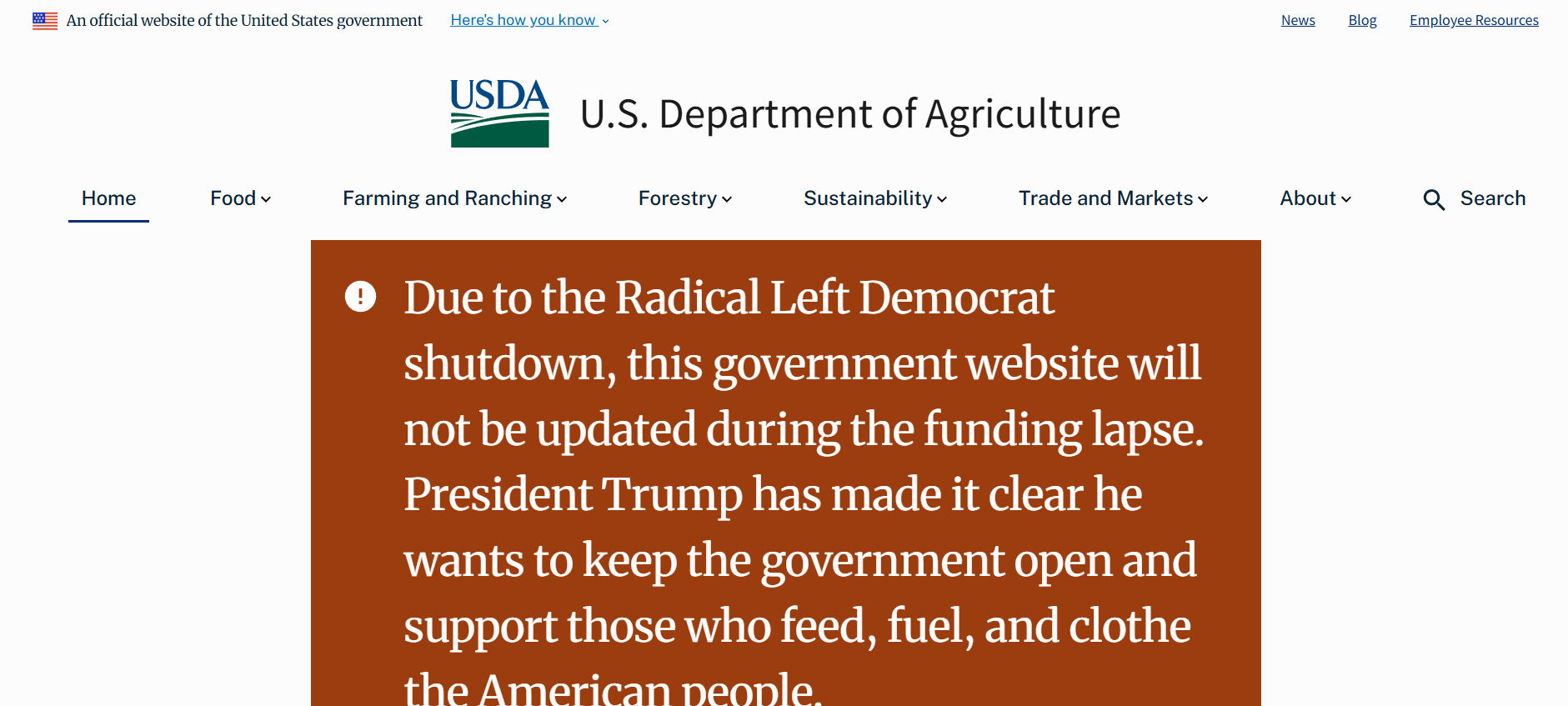At 12:01 a.m. EDT on October 1, 2025, the United States formally entered a government shutdown. This is the first since the 2018-19 impasse and the third under a Trump administration, resulting from partisan disagreements regarding federal spending levels, foreign aid rescissions, and health insurance subsidies.
With negotiations yet to take proper shape, the duration of the shutdown is uncertain. Both parties have, as of now, scheduled further votes on the funding bills. President Trump and Vice President JD Vance have both criticised the Democrats for this fix, with Vance blaming the opposition for not doing the “right thing”. Republican Senator John Thune has also stated that the Democrats are now holding government funding "hostage." The Trump-led administration is even turning official government websites into mouthpieces for its discontentment with Democrats.

The current situation makes evident the deepening partisan divides in Congress and American politics as a whole. Governing in a polarised political climate is thus proving to be challenging.
What Causes a US Government Shutdown
The American fiscal year begins on October 1. Before this, the Congress must pass 12 annual appropriation bills to fund the federal agencies and government departments.
The President submits the budget request to Congress after which the House and Senate work out and pass their own versions. A political standoff that leads to a federal government shutdown may emerge as a result of the differences between both Houses of the Congress, or between the Congress and the President. The debates usually center around spending levels, specific policy provisions, or other political demands raised.
If a final agreement cannot be reached and signed before the deadline, the funding for federal agencies and departments expires. The temporary relief then is for lawmakers to pass a Continuing Resolution, which is a short-term spending bill. But, if this too fails to get a collective nod, a shutdown begins.
Recent History
- 2018-19 — Donald J Trump: The longest, lasting 35 days, over the President’s push for funding the US-Mexico border wall
- 2013 — Barack Obama: 16 days, over the Affordable Care Act
- 1995-96 — Bill Clinton: 21 days, over spending cuts
The Impact of a Government Shutdown on Services and the Economy
The impact of a government shutdown varies according to whether a government service is essential or non-essential. The classification is made based on whether the service is related to the ‘safety of human life or protection of property.’
The non-essential services are typically shut down entirely or most of their work is paused. These include federal agencies like the Environmental Protection Agency, NASA, and the Department of Education. Also included are national parks and museums, administrative services (processing passport, federal loan applications, etc.), and research.
The essential services will continue, but the employees may not be fully paid until the shutdown is revoked. This includes military and law enforcement, air traffic control, and mandatory payments such as Social Security and Medicare.
Wider Implications
- Federal employees are furloughed or not paid for their work, thus exacerbating financial distress.
- Economic activity suffers with losses worth billions of dollars ($11 billion in 2018-19, as per the Congressional Budget Office).
- Government service disruptions (such as stagnation of judicial hearings) can inconvenience the public
Without no clear deadline for resolution of the deadlock, the uncertainty for citizens looms harder. Government operations will be rendered fragile in this context, and The economic consequences of this government shutdown can be dire if negotiations do not take primacy immediately.








